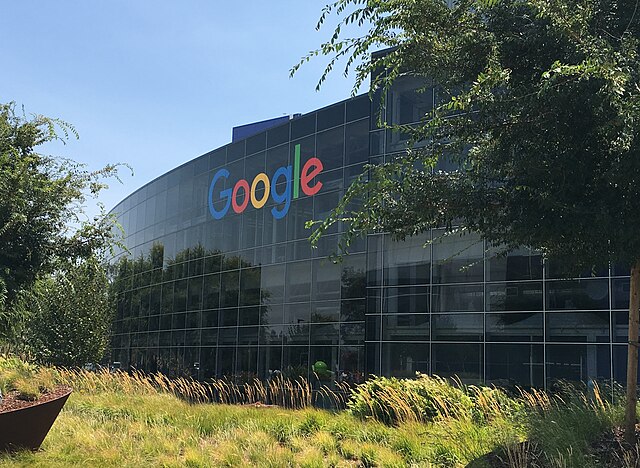Alphabet Inc's Google (GOOGL) is set to revise its previous mandate for suppliers and staffing agencies, eliminating the policy enacted in 2019 that required a $15 minimum wage and certain benefits for their workers in the United States. This policy rollback is in line with moves by other major companies to navigate the complex web of labor laws and regulations both domestically and globally. The change is particularly significant against the backdrop of the U.S. National Labor Relations Board's (NLRB) January ruling that branded Google as a "joint employer" of workers supplied by staffing firm Cognizant Technology Solutions, thus implicating the tech giant in labor negotiations.
Google's decision to withdraw these requirements is indicative of its strategy to maintain a distinction between itself and the employment practices of its suppliers. By asserting that Google has never been the direct employer of its suppliers’ employees, the company aims to sidestep potential obligations to engage in collective bargaining, as suggested by the recent NLRB ruling. This move is reflective of the broader industry's cautious stance on labor relations, particularly in the technology sector, where the use of contingent workers is widespread. Google is challenging the NLRB's ruling, emphasizing the need to separate its policies from the direct control of non-employee work conditions.
Market Overview:
-Google scraps its policy mandating minimum wage, benefits for employees of suppliers and staffing firms.
Key Points:
-The 2019 policy aimed to improve working conditions but could be interpreted as exerting control over outsourced workers, potentially leading to unionization.
-Google argues the reversal aligns with industry norms and clarifies it's not directly employing these workers.
-The National Labor Relations Board (NLRB) previously ruled Google a "joint employer" due to the 2019 policy, a decision Google is appealing.
Looking Ahead:
-Google maintains its supplier code of conduct, requiring safe working conditions and adherence to legal obligations.
-The NLRB's stance on companies' responsibility for outsourced workers remains in flux, potentially impacting future rulings.
Despite these changes, Google maintains its commitment to ethical labor practices, as articulated in its supplier code of conduct, which sets out requirements for safe working conditions and adherence to legal labor obligations. This aspect of the policy, according to a Google spokesperson, will remain in effect. Most of Google's suppliers are based in states with minimum wage laws that meet or exceed the $15 threshold, which the company expects will minimize any adverse effects on the workers' earnings.
As the landscape of labor laws continues to shift, Google's (GOOG) policy update may influence how companies structure their contracts and relationships with third-party suppliers and staffing firms. The tech industry, known for its reliance on a blend of permanent and contingent workers, is closely monitoring these developments. The implications of Google’s policy changes will be significant for both suppliers and the broader labor market as they navigate the evolving regulatory environment.



